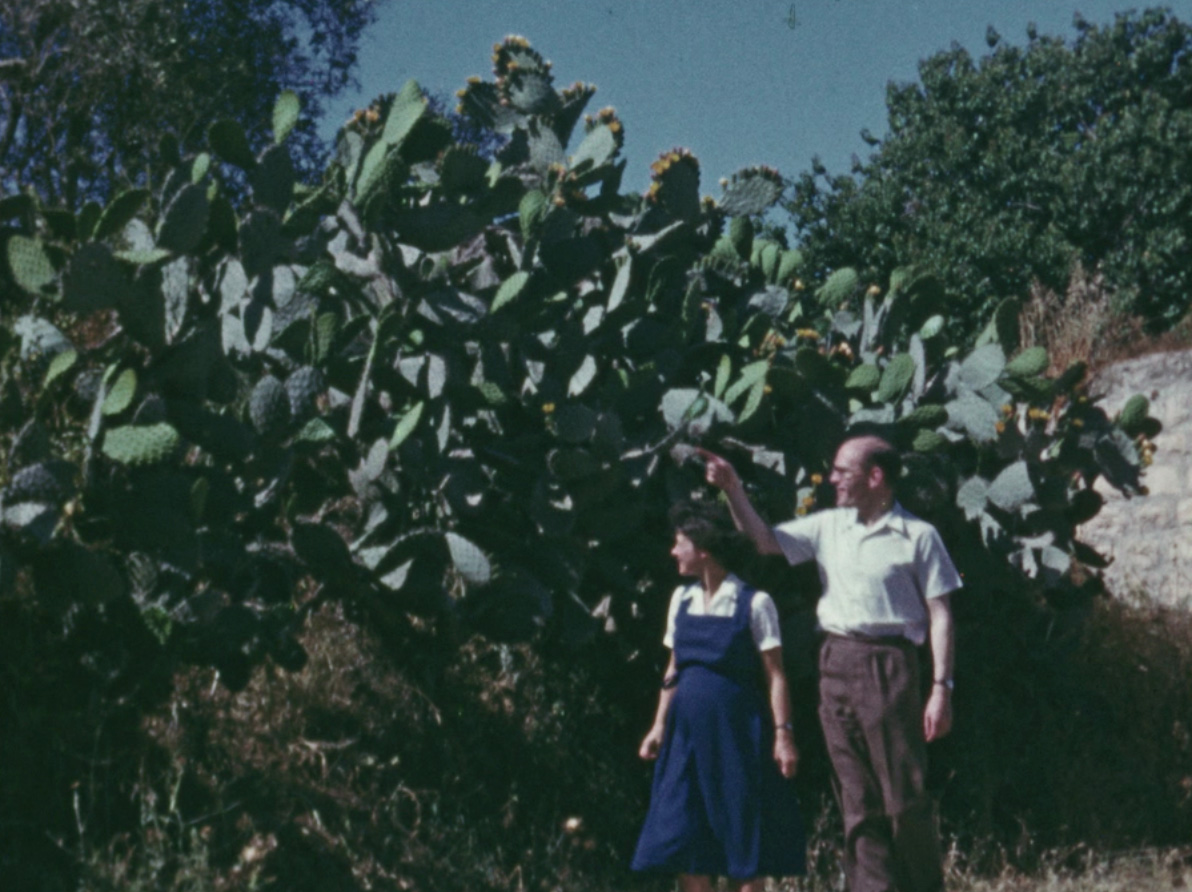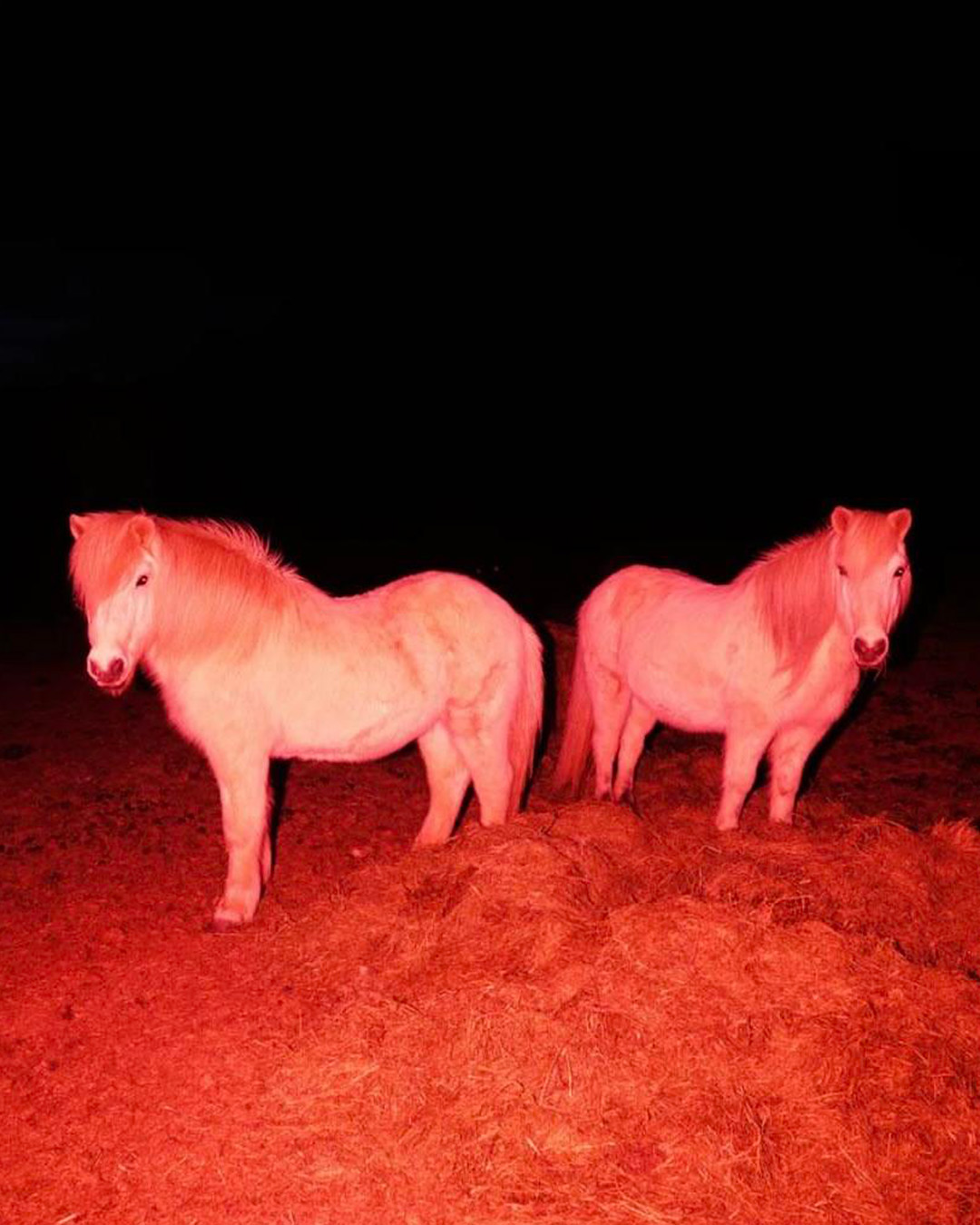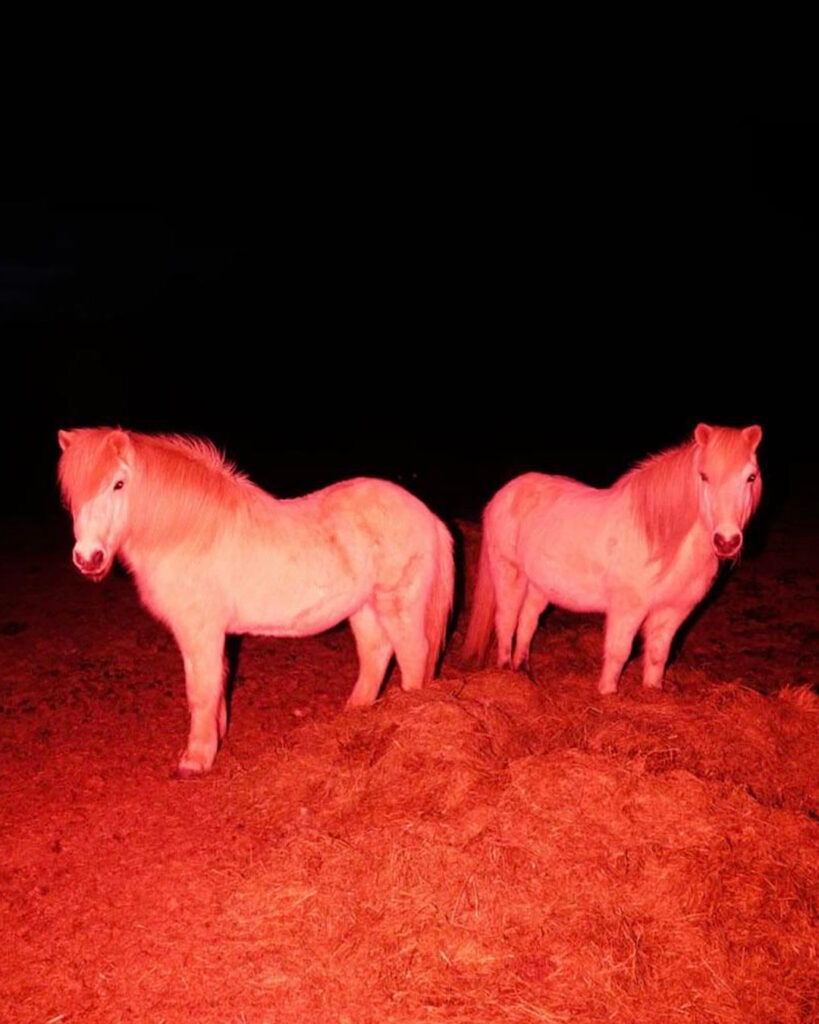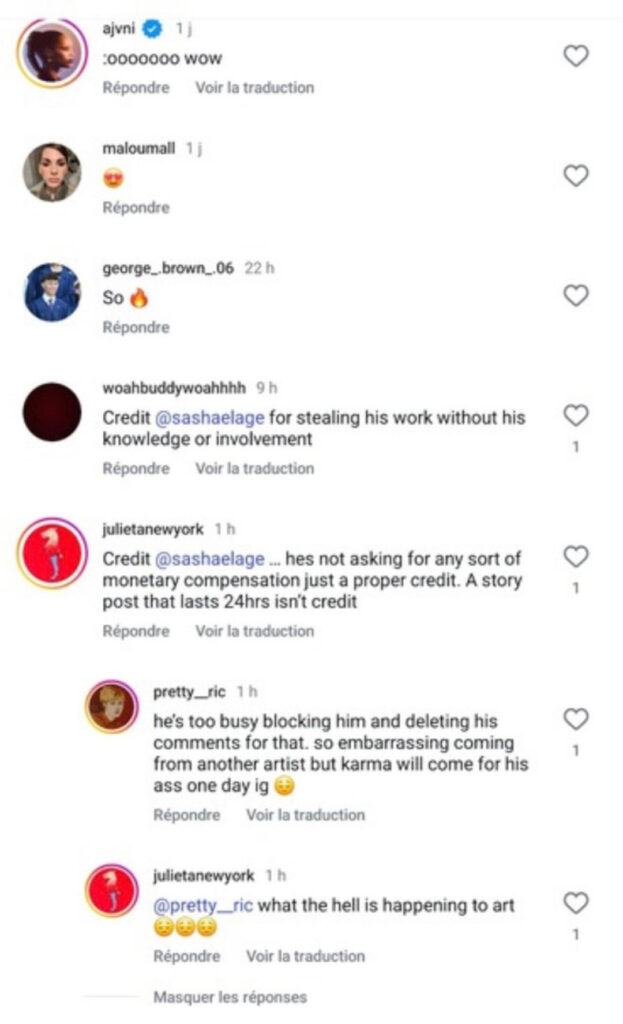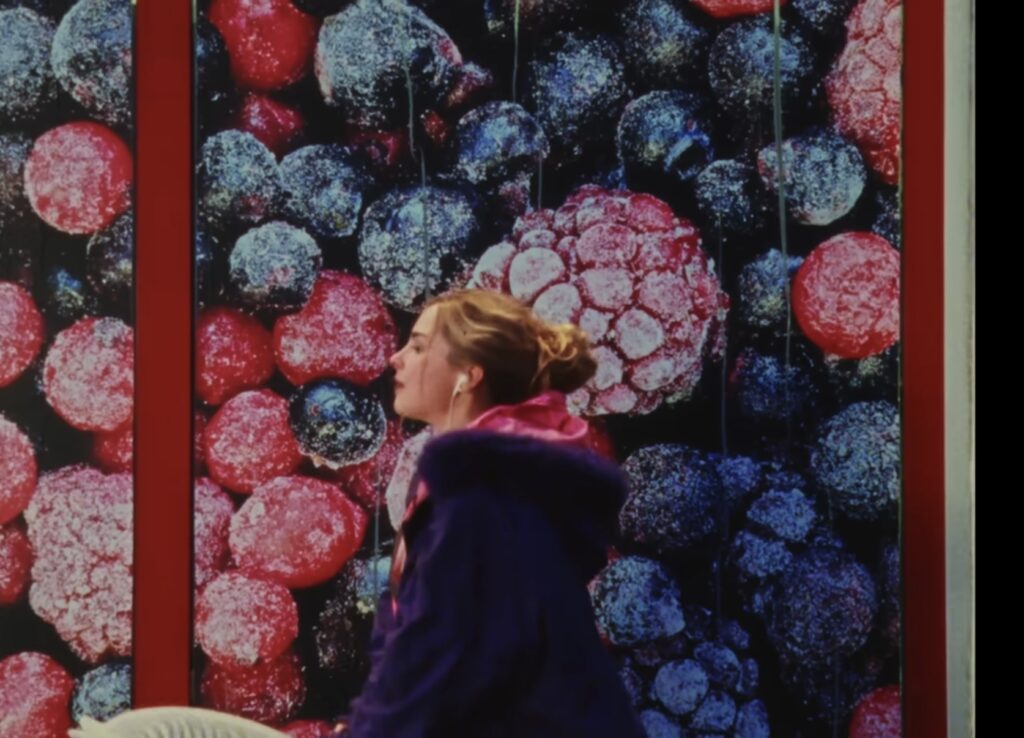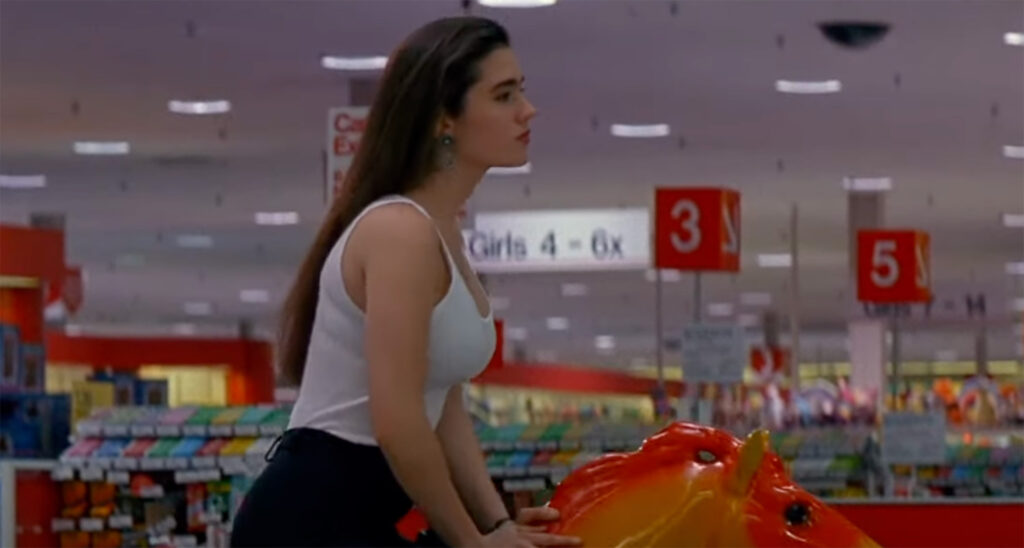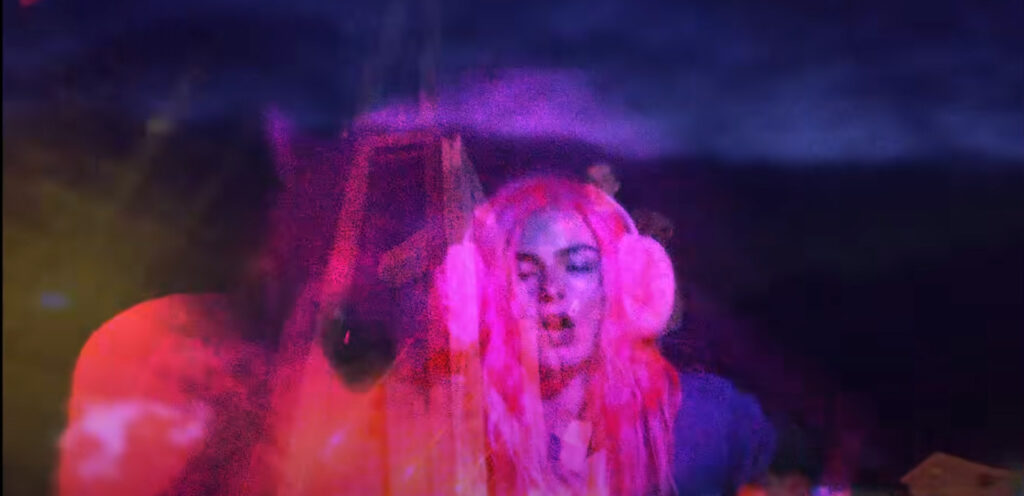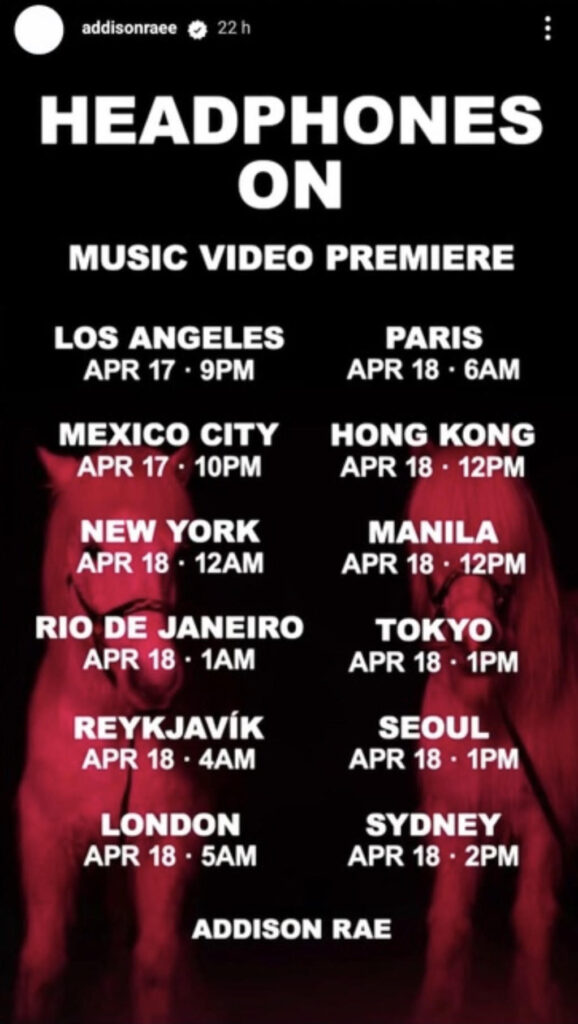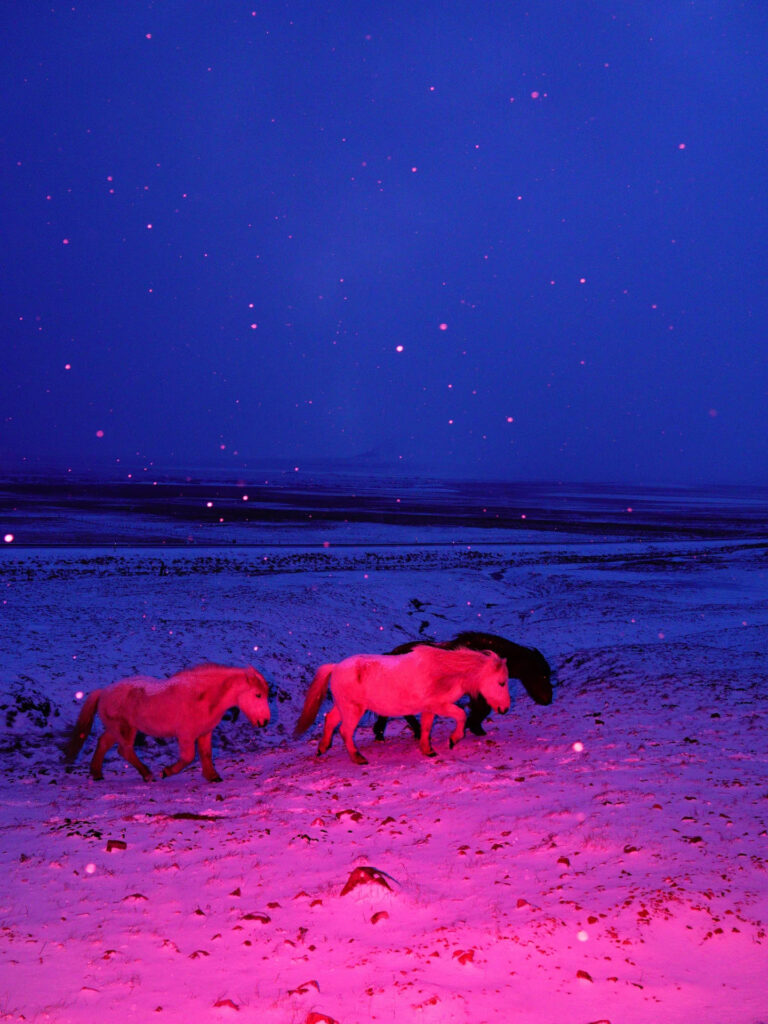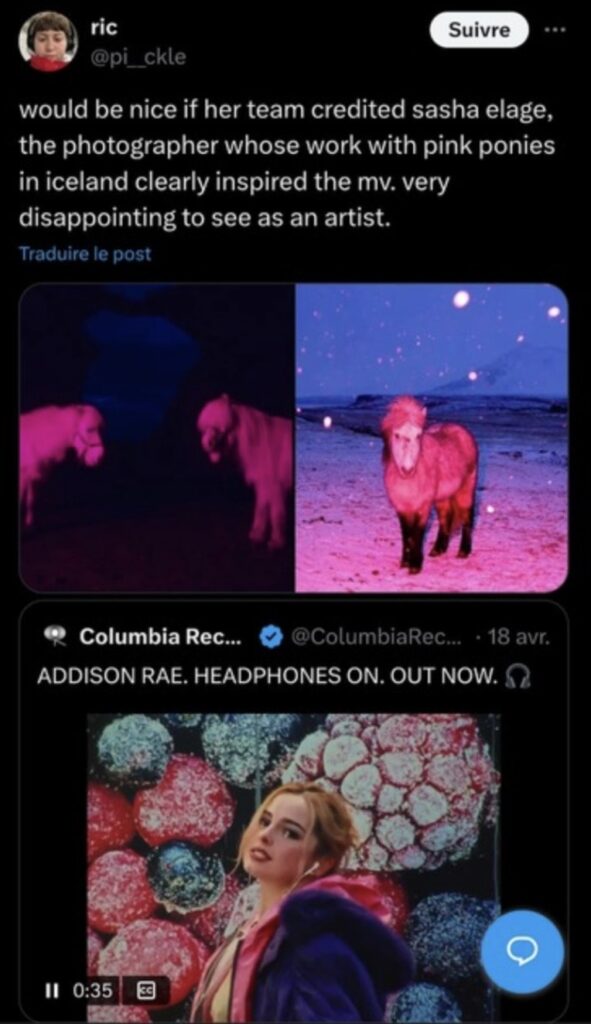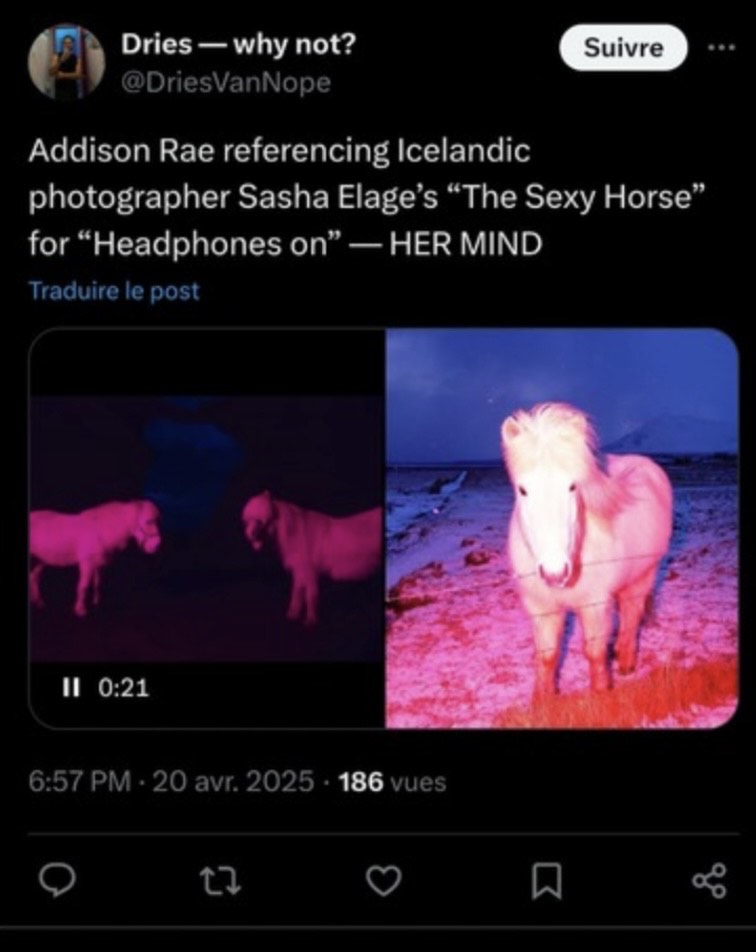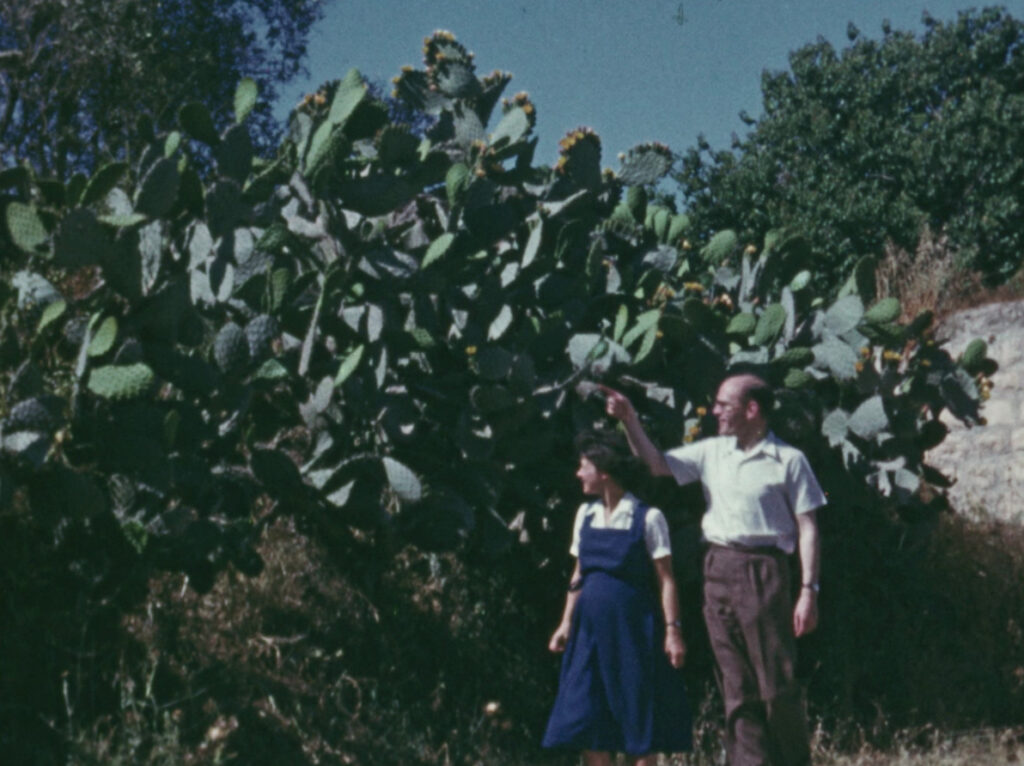
Against All Odds: Resilience on Screen at The Barbican Chronic Youth Festival
Written by Valeria Berghinz
What shape does resistance come in? Is it heard in the laughter of artists, felt in the quiet rage of children, seen in the vibrant celebrations of a community? These are the questions that audiences were confronted with at Chronic Youth Festival’s landmark 10th year. In this edition, a cohort of 20 young creatives came together to carefully organise the curation of Against All Odds, a cinematic programme filled with indie gems and international must-watches alike.
Catching the attention of the curators between screenings, engaging in fleeting but passionate conversation as they busied to their next appointment, it was impossible not to feel the pride and excitement that fuelled the event. Each film was chosen with great love for not only cinema as an artform but the theme of resistance as an urgent and essential topic. Every experience supporting the screenings – from a collage cookbook activity to a techno futurism event – was in conversation with the films’ themes in an affirmation that audiences, too, can collaborate with this cinematic resilience.
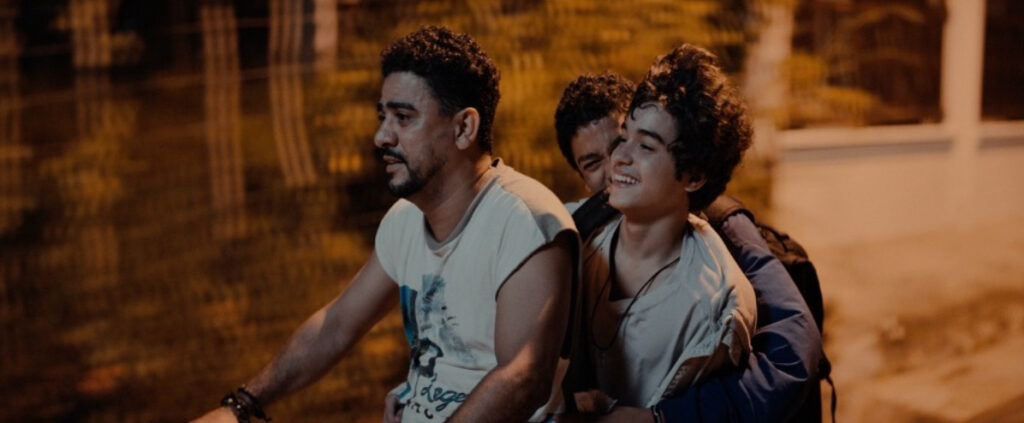
Serving as both the UK premier and the opener to the festival was Tiger, an incredible confrontation with machismo culture and the socialisation of masculinity. Set in the Dominican mountains, Cabral’s film follows 14-year-old Pablo, who spends summers at his father’s bootcamp, a stone residence nestled within gorgeous, lush nature. At this camp boys are shaped into men through tigueraje – a philosophy of masculinity inspired by tigers’ cunning. Forced to join as a student, Pablo faces the camp’s harsh rituals with a rageful defiance that will shape his relationships with the boys, his father, and himself. Joshua Osman, one of the 20 young curators, articulated how passionate the cohort was for the inclusion of this film in the program, which they had to fiercely fight for given its status as a UK premier: “We came across Tiger early in the process and immediately knew it would be perfect for the festival. It’s tense, it’s thrilling, and above all it’s incredibly current. We knew we’d found something truly special – as entertaining as it is important – and felt privileged by the chance to bring it to a UK audience for the first time.” What makes Tiger such an incredible watch is precisely that feeling of alarming currency. The setting for socialisation has changed, from 90s Dominican Republic to the digital age, from lush forests to dark screens, but the ramifications of toxic masculinity look much the same.
Kath Blair, another programmer, commented on this subject and expanded upon the supporting activity tied to this film: “Tiger felt important to program given its razor-sharp critique of misogynistic structures and how they are enforced. We paired this film with a writing workshop about masculinity, led by Barbican young poet Leon Ray-Fernandes, to provide attendees a space to explore masculinity in numerous contexts, with those attending both praising how the workshop prepared them for the portrayal of masculinity within the film.” Overall, Tiger provided audiences with an incredibly powerful introduction to the festival, setting a breathless but delicate stage for the day’s films to follow.
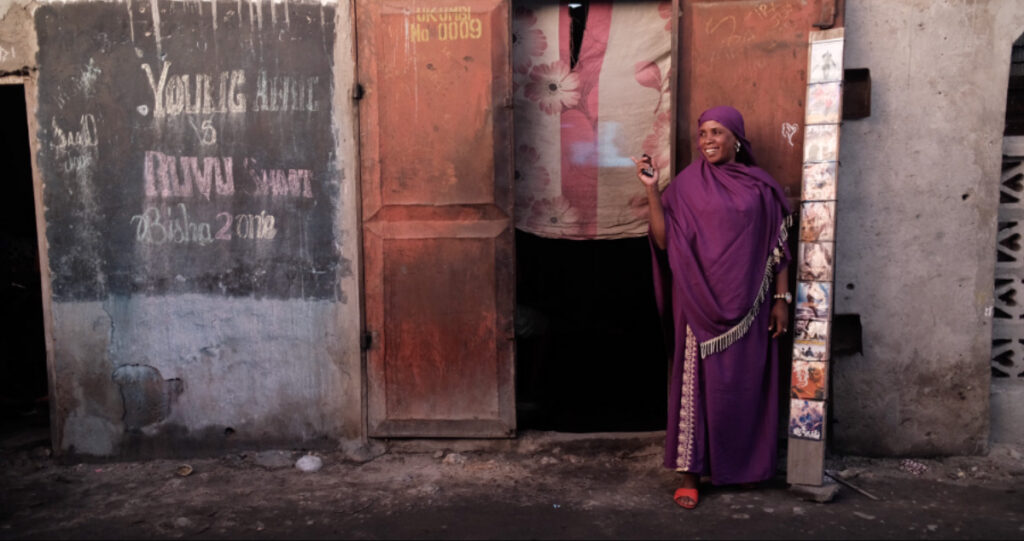
Dir. Darragh Amelia, Cece Mlay, Jesse Gerard Mpango, Gertrude Malizana (2023)
The program continued with a double bill of Tanzanian short film Apostles of Cinema and Sudanese film Talking About Trees. The two works were cleverly paired together in a reflection of the power which cinema holds within the making and preserving of community. Apostles of Cinema, with a 17-minute run time, gives us a short but incredibly vibrant look into Swahiliwood, an underground film scene where movies are copied, translated and distributed for informal cinemas. Through the presentation of this process we meet DJ Black, a community celebrity who translates hundreds of films by recording over their audio and riffing on every scene. Through humour and passion, Apostles of Cinema presents audiences with a dynamic proposal to the question of cinematic ownership. DJ Black and all his peers are artists in their own right, and the thousands of remixed movies shown daily in Tanzanian cinemas display a powerful connection of community under art. As written by Lilianne Mutwarasibo and Marta Cappozzo, Apostles of Cinema reminds us that “film will ultimately be for the people.”
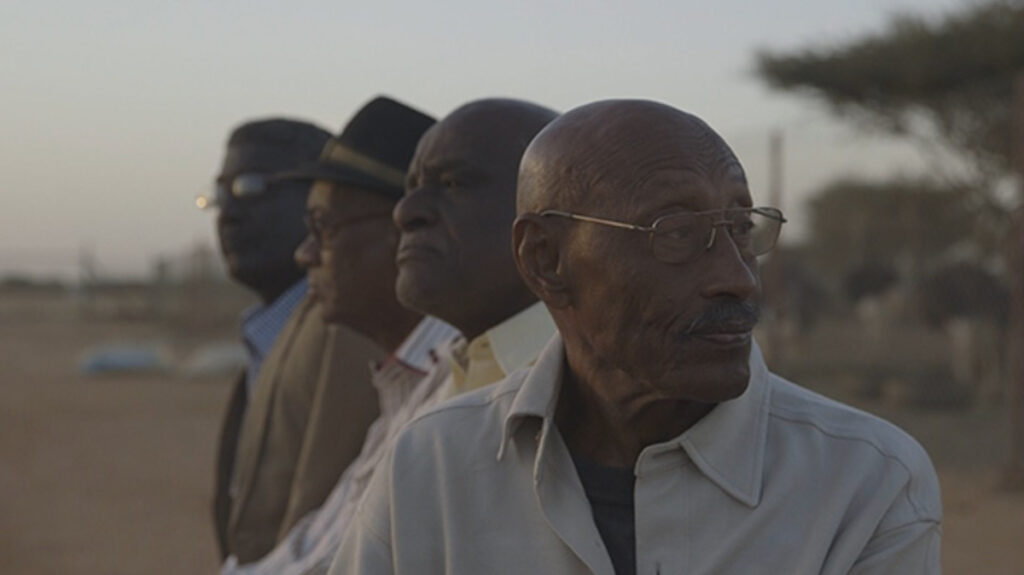
Talking About Trees changes the pace with a poignant documentary following four Sudanese filmmakers as they attempt to reopen a local cinema for community screenings. As they navigate bureaucracy, failing infrastructure, and fading public interest, their mission to restore this single cinema becomes a symbolic culmination of years of artistic resistance and hope for future freedom. At the heart of the documentary is the tender friendship between these four filmmakers, a powerful relationship through which stories of gruelling arrests and years in exile are told with moving solidarity. Despite the horror of their past and the impossible challenges of their present day, a defiant laughter fills every conversation, warms every frustrating setback. Talking About Trees is a delicate, thoughtful portrayal of the power that cinema can represent for a community – a space where people come together, are confronted with different perspectives, and are encouraged to communicate with one another once the credits roll.
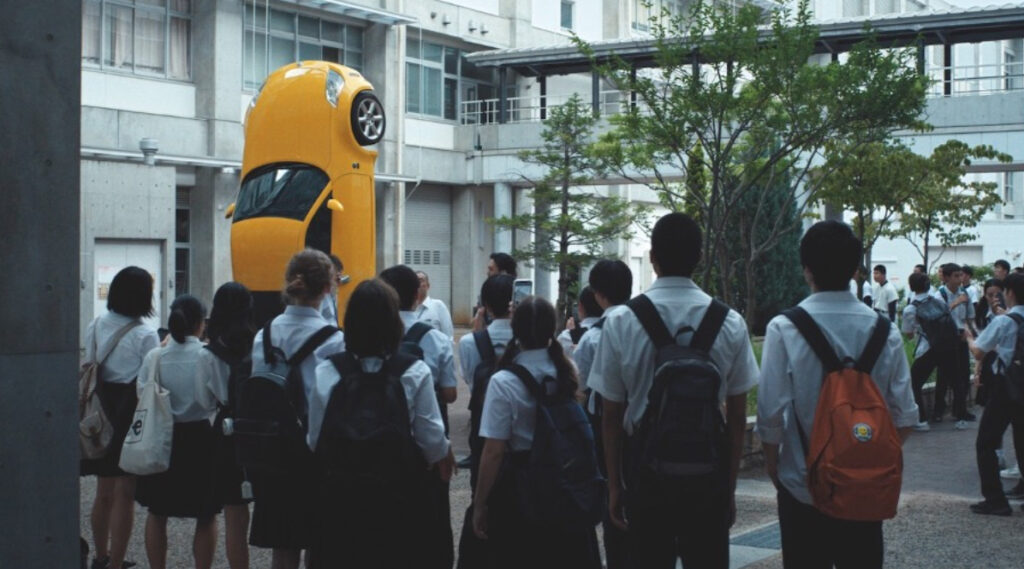
Concluding the festival’s first day was Happyend, in which a group of rebellious highschoolers face increasing surveillance and policing in near-future Tokyo. In this not-so-distant dystopia, the threat of another great earthquake looms over the crumbling metropolis, an unstable setting which frames a restless youth seeking freedom through techno, pranks, and friendship. With Happyend, Sora reflects on the inherent resistance found in the conventions of coming-of-age, instilling in his characters a sense of rebellion which resonates across nations and generations. As written by Mariana Enriquez Denton Bustinza in the film’s leaflet, Sora’s work “reflects on the very real rise of fascism and authoritarianism across the world, exploring the power that we hold within our pre-established systems and institutions.”
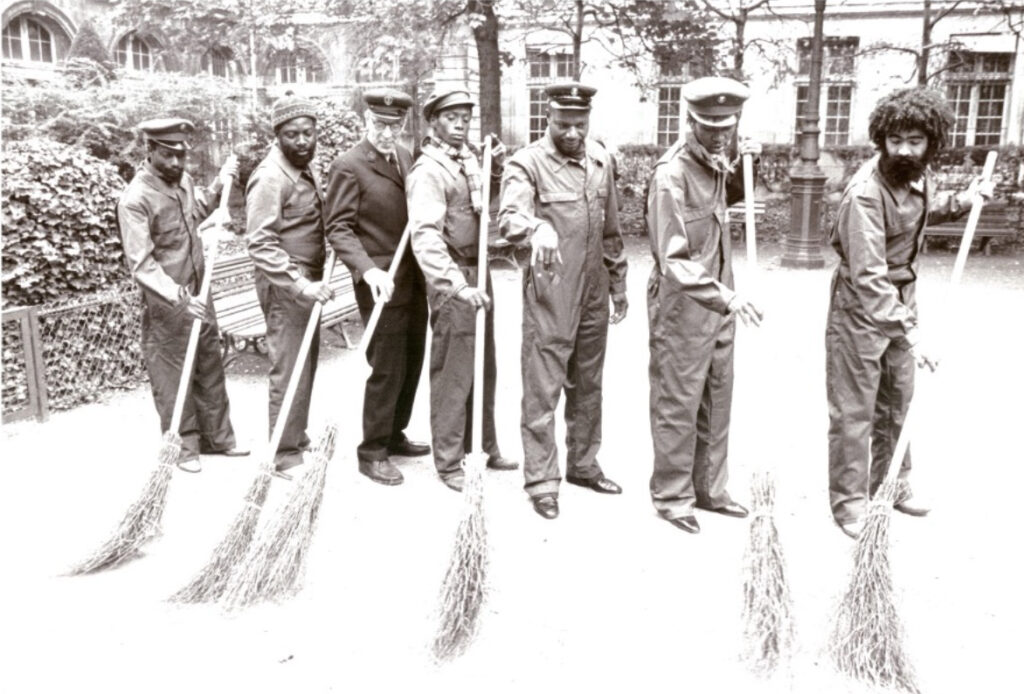
Un Dessert pour Constance opened the festival’s second day with a whimsical yet incisive exploration of friendship, migration, and resistance in 1970s Paris. The film follows two Senegalese street sweepers, Bokolo and Mamadou, as they navigate the immigrant experience in the French capital through their shared kinship. When a friend falls ill and needs money for their return home, the duo embarks on a bold plan: they discover a 19th-century cookbook and enter a French TV cooking game-show, hoping to win the cash prize. With Un Dessert pour Constance, Sarah Maldoror – hailed as the matriarch of African cinema – blends satire and heart to challenge systemic inequities. Known for using her lens as a tool of resistance, Maldoror redefined colonial narratives, crafting essential works that resonate across generations. As written by curator Afra Nuarey in the film’s leaflet, Maldoror’s “subversive camera doesn’t shy away from exposing the insidious racism and classism present in the French culinary industry.” The film is a testament to her enduring legacy, offering a playful yet powerful portrait of human resilience and community.

The shorts collection featured The Ban (2024, UK), Creekmouth (2024, UK), Receiver (2019, Ireland), The Flowers Stand Silently, Witnessing (2024, Palestine), Resistance Meditation (2024, Canada), and Deadlock (2025, Algeria). The curation of the shorts weaved together narratives of resistance which echoed from the personal, to the communal, to the structural. A common theme across the shorts was the utilisation of archival footage, drawing from Thatcher’s era of censorship to missionary work in Palestine, history and current time interweaved in conversations of ongoing struggle. In presenting the shorts, Abeera Quereshi wrote: “Resistance pierces through silence, the beautiful vivid short films meander through absence, censorship, erasure not as wounds but as weapons. What was meant to be stifled instead reverberates: haunting, defiant, inescapable. They all insist on presence where absence is intended. Through a multitude of dreams and disruptions.”
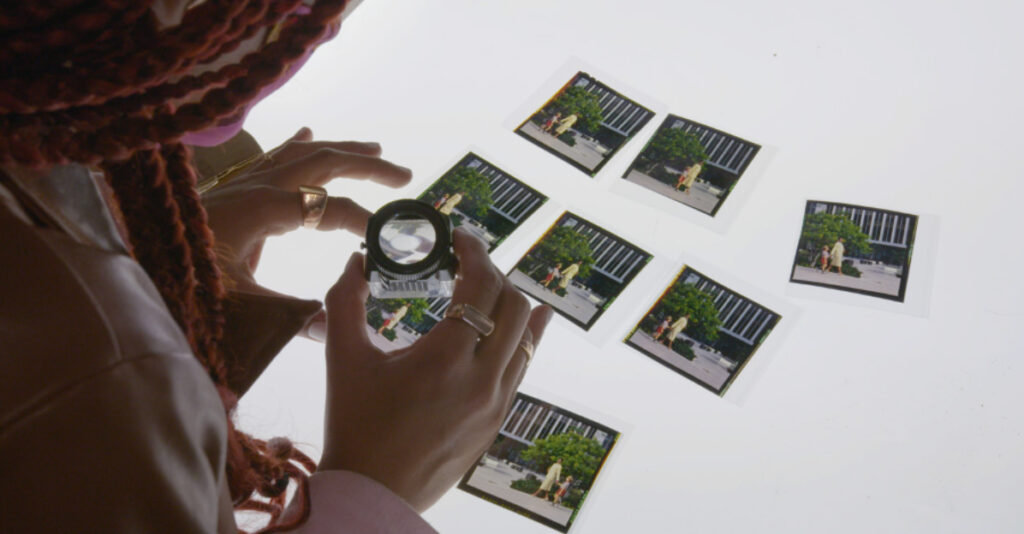
Against All Odds concluded with the tender and vibrant Seeking Mavis Beacon. Part detective story, part intimate portrait, this documentary follows director Jazmin Jones and collaborator Olivia Mckayla Ross in their search for the Black woman whose face graced the iconic 1980s typing software. Through a patchwork of memes, internet icons, and digital subcultures, Seeking Mavis Beacon brilliantly captures the essence of our technological age. At its heart, the film explores the complex interplay between society and software, uncovering the radical power of a Black woman whose image introduced generations to the digital world. In its intersectional approach, Mavis Beacon also emerges as one of the early figures in a lineage of servile female AI representations, illustrating the complexities that lie behind conversations on identity, technology, and agency. Jones and Ross deconstruct the mythology behind this cultural icon and seek to humanise their project by talking to the model behind the name – but does she even want to be found? The documentary balances philosophical and ethical inquiry with the touching friendship of its two creators, a beating heart which frames the investigation. An effort in mythmaking and myth-deconstructing, Seeking Mavis Beacon is a must-watch for anyone interested in looking at internet culture and asking, how did we get here?
Living up to the name of its theme, Against All Odds celebrated the defiant spirit of global communities, offering films that challenged norms, redefined narratives, and illuminated the enduring power of collective creativity. Beyond the screenings, workshops and activities inspired dialogue and collaboration, uniting attendees in a shared exploration of resistance and memory. A great zine, designed by Lara Anand and Mariana Enriquez Denton accompanied the festival, from which I have scanned the following helpful guide:
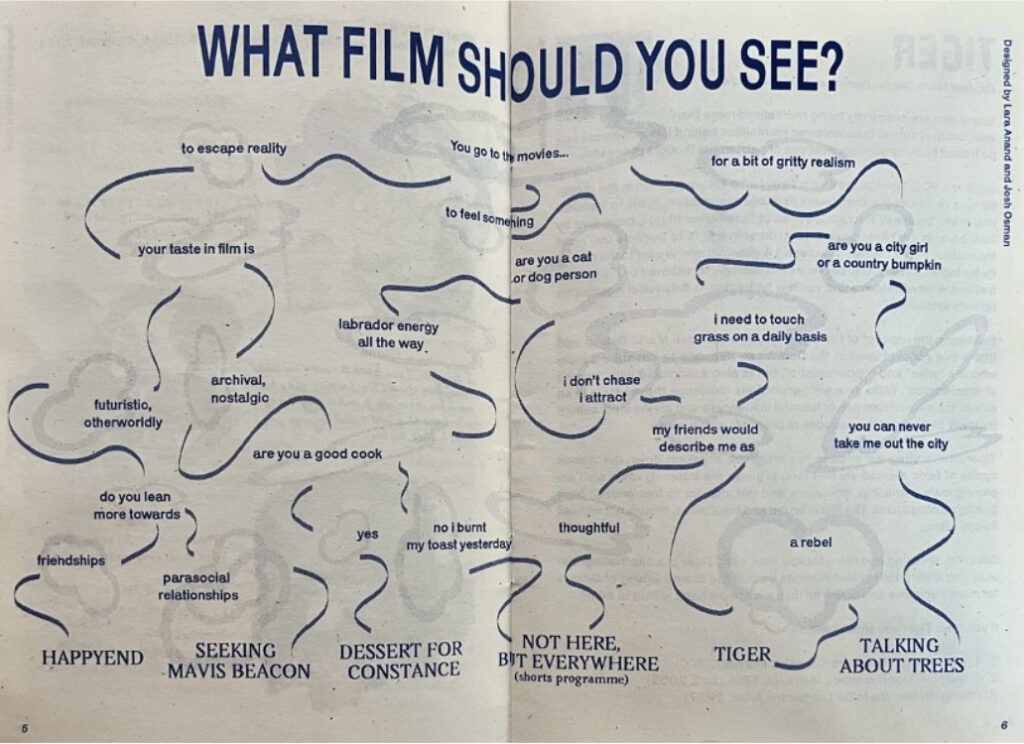
All in all, the 10th edition of Chronic Youth provided audiences with an incredibly diverse and impactful portrait of human resilience. This milestone festival proved that cinema is more than entertainment, but a powerful vessel for change, a testament to resilience, and a call to action in turbulent times.

